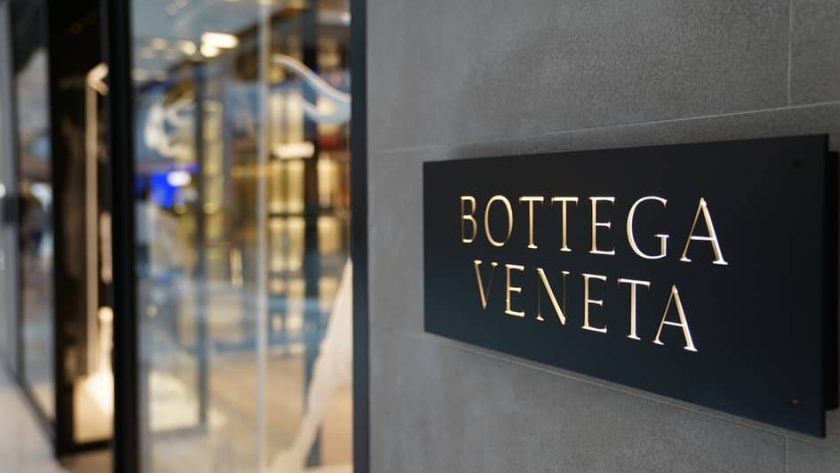Kering has outlined its financials for the first half of 2023, during which time the luxury group reported a 2 percent increase in revenue, taking it to 10,1 billion euros.
For the second quarter of the year, the company also reported a 2 percent uptick in sales, with revenue from its directly operated retail network – including its e-commerce site – further growing 4 percent.
Kering said that these results had been boosted by good performance in Asia-Pacific and Japan, as well as solid growth in Western Europe. However, it was North America that fell flat as sales dropped during the period.
The group noted that its ongoing investments contributed to its recurring operating income which amounted to 2.7 billion euros in the first half, while its operating margin sat at 27 percent.
The net income attributable to Kering was 1.8 billion euros for the first half, a 10 percent drop from the previous year, with its free cash flow remaining high at 2.1 billion euros, up 4 percent.
In a regulatory filing, François-Henri Pinault, chairman and CEO of the group, said: “In the first half, we pursued our investments in our houses’ desirability and exclusivity. While engaging in critical forward-looking initiatives, we maintained a high level of profitability.
“We also took some decisive steps to expand our footprint in the luxury universe, notably with the acquisition of the famed Creed fragrance house to accelerate the liftoff of Kering Beauté.
“Together with the major organisational changes we announced last week to enhance stewardship of our houses, as well as the many projects we have already launched over the past few months, the developments of the first half strengthen my confidence in Kering’s future prospects.”
Individual brand wholesale revenues fall amid streamlining strategies
Despite Gucci leading the way for the group, with H1 revenue hitting 5.1 billion dollars (a 1 percent decrease), the brand’s wholesale revenue took a 3 percent hit during the period. In contrast, for Q2, Gucci’s rose 1 percent, while sales from directly operated stores took a 1 percent step up, driven by exclusive products and leather goods.
Yves Saint Laurent, however, experienced a more dramatic increase of 7 percent to 1.6 billion euros, with sales via its directly operated retail network up by 11 percent and Q2 sales also rising 7 percent. It must be noted that the brand’s wholesale revenue was another to take a hit in the first half, dropping 10 percent in line with the group’s strategy to streamline this channel.
Bottega Veneta’s revenue for H1 was up 2 percent to 833 million euros, while for Q2 it was up by 3 percent driven by “healthy growth” in directly operated retail. The brand was another to see its wholesale revenue fall, this time by 13 percent on a comparable basis.
In fact, across the rest of the group’s houses, including Alexander McQueen and Brioni, revenue in this sector fell 27 percent as the house continued to pursue a streamlining strategy.
Overall sales for the rest of the brands also took a hit, dropping 5 percent to 1.9 billion euros, however it was highlighted that there had been “a significant improvement between the first and second quarters”.
Kering Eyewear, on the other hand, experienced a notable step up in sales, with H1 revenues increasing 51 percent and hitting a record 869 million euros thanks to the contribution of Maui Jim. In the second quarter, growth was also high, as revenues rose 21 percent, bolstered by the development of the brand portfolio.
Group enters environment of ongoing economic and geopolitical uncertainty
In terms of outlook, the group said: “To achieve its long-term vision, Kering invests in the development of its houses, so that they continuously strengthen their desirability and the exclusivity of their distribution, strike a perfect balance between creative innovation and timelessness, and achieve the highest standards in terms of quality, sustainability, and experience for their customers.”
Kering did note that it was coming into an period of ongoing economic and geopolitical uncertainty, however it was to continue to execute its strategy in the pursuit of profitable growth, high levels of cash flow generation and return on capital employed.



